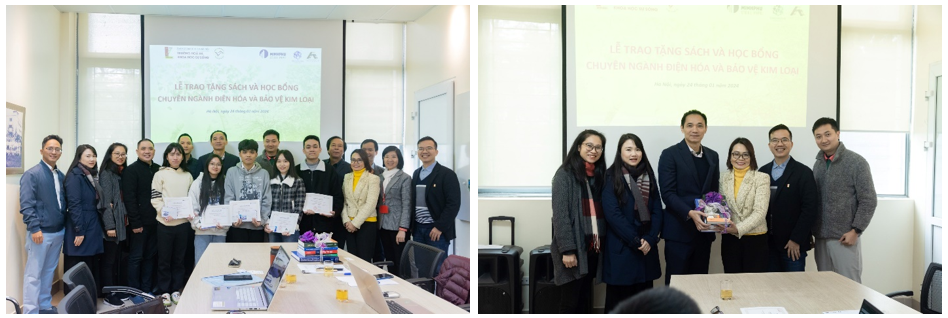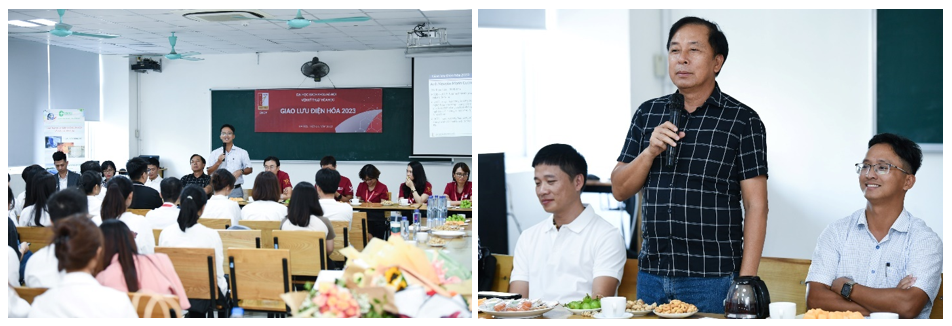Electrochemical and Metal Protection Engineering is a specialized field within chemical engineering, which has seen strong growth in recent years. Electrochemistry is pivotal in the shift towards green and sustainable energy, as it spearheads the creation and advancement of energy storage technologies like lithium-ion batteries, supercapacitors, and hydrogen production through electrolysis, thereby optimizing the utilization of renewable energy and fostering smarter solutions in its production and distribution.
The Electrochemical and Metal Protection Engineering focuses on five areas in both industry and research, including energy storage, plating and surface treatment, corrosion and metal protection, electrolysis, and the application of electrochemical techniques in environmental monitoring and treatment. When studying this specialization, students will be equipped with general knowledge of basic science, fundamental knowledge of chemical engineering, and in-depth knowledge of electrochemical technology and metal protection.


Electrochemical and Metal Protection Engineering Module equips students with following knowledge
- Energy storage source: technology for manufacturing primary and secondary batteries, supercapacitors, flow batteries, fuel cells.
- Plating and surface treatment: electroplating and electroless plating technologies, hot-dip galvanizing, metal oxidation and anodizing, metal surface modification techniques for applications in mechanical engineering, electronics, and various other industries.
- Corrosion and Metal Protection: Corrosion control and monitoring technologies for metal equipments and structures in both natural and industrial environments.
- Electrolysis: Electrolytic technologies for metal fabrication, electrolytic technologies for chemical production, synthesis of organic compounds used in chemical, textile dyeing, and pharmaceutical industries.
- Application of electrochemical techniques in environmental monitoring and treatment: Monitoring heavy metal ion concentrations, pesticide residues in water using electrochemical sensors; treating wastewater from the textile industry, recycling and recovering metals from electronic waste, industrial waste.




Internship at manufacturing companies

Alumni’s presentation at the Electrochemistry and Energy Conversion group

Annual meeting of teachers and students majoring in Electrochemistry and metal protection
Author: Phạm Thị Thu Trang
Reader Comments
Newer articles
Older articles